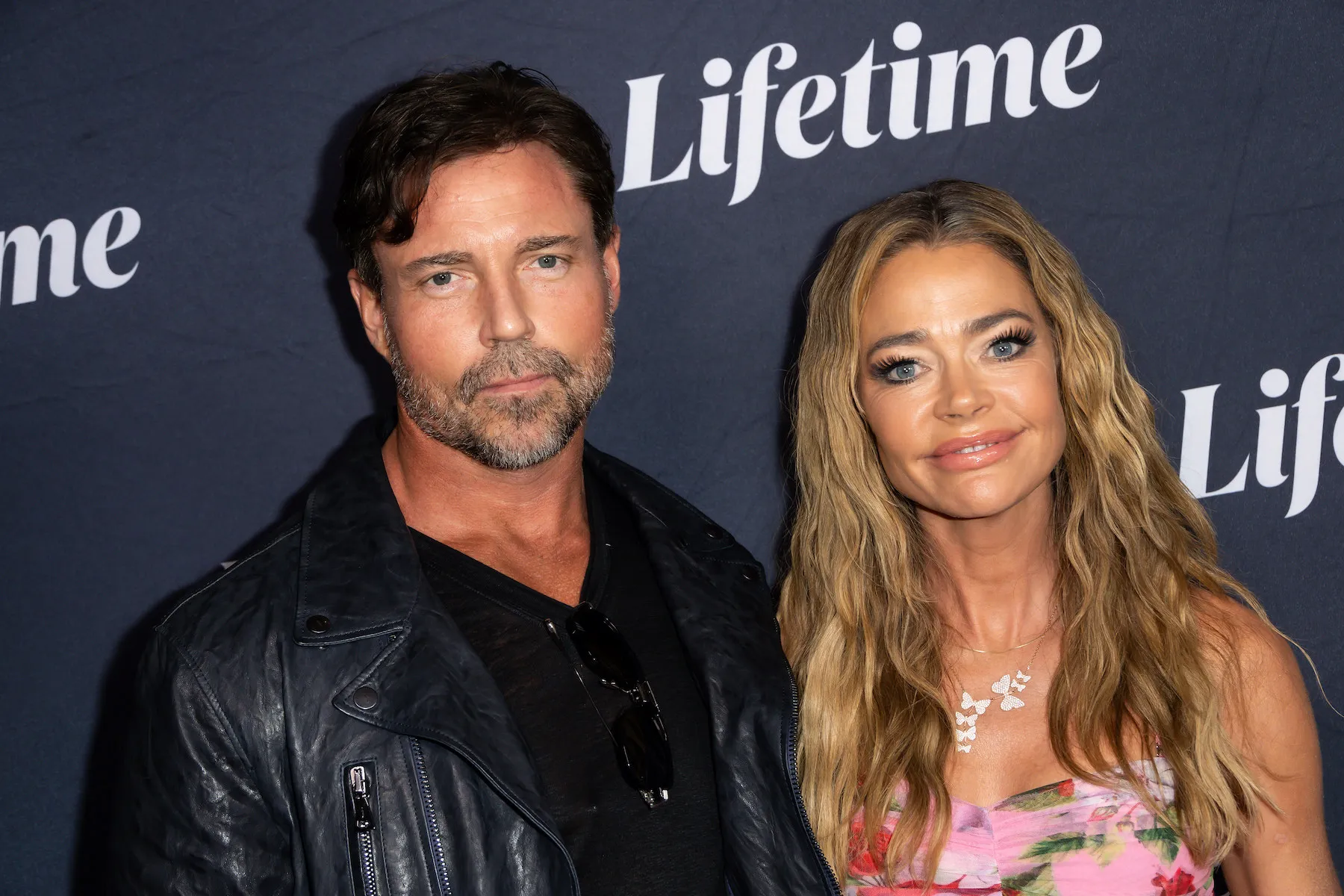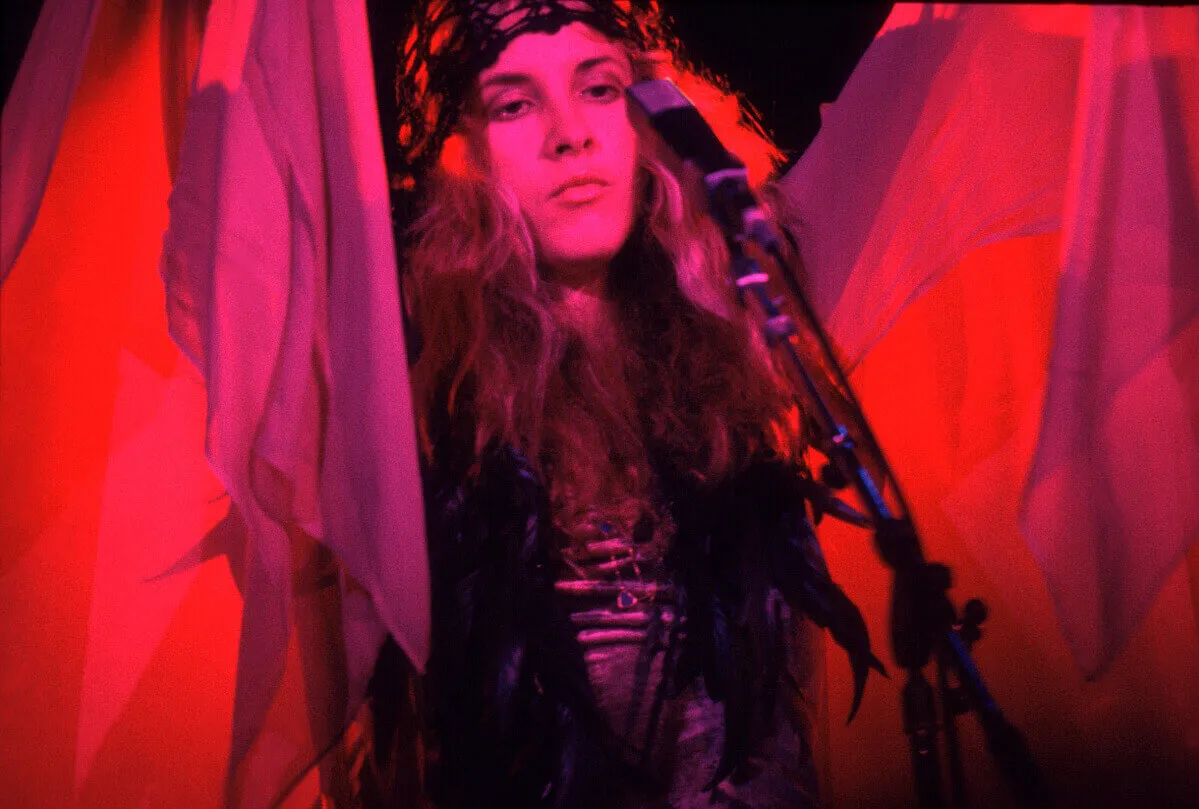‘Queer Eye’ Star Antoni Porowski Dishes On His Battle With Addiction and Depression
When it comes to feel-good self-love, Queer Eye has cornered the market. We’ve seen the Fab Five turn around the lives of those who need and deserve it most — but how often do the Fab Five take stock of their own lives?
Fans were concerned for food expert Antoni Porowski when he opened up on Queer Eye about his past battles with depression and addiction — something they hadn’t heard Porowski discuss much in the past. Now, following his breakup with Trace Lenhoff, Porowski is dishing on what his personal battles with addiction and depression looked like.
Porowski’s breakup with Lenhoff
Queer Eye food expert Antoni Porowski and Flipping Out star Trace Lenhoff dated for roughly a year before their relationship ended. When the two broke up, fans were surprised, wondering what might have changed for the power couple.
A source claiming to be close to the relationship told E!, “The relationship ran its course. Things just didn’t work out and [Porowski] is concentrating on work.”
During a chat with Andy Cohen, Porowski discussed what things are looking like post-relationship for him. “As somebody who’s pathologically codependent — and I constantly lose myself in my relationships and forget who I am — I’m trying to figure out who the hell I am right now, so I’m taking it slow. And watching a lot of ‘Housewives,’ and eating a lot of Swedish fish,” said Porowski.
Porowski told People, “I’m single now and it’s been a good opportunity to connect with friends. I’ll make food for them and we’ll all hang out in the kitchen. We’ll nosh on like a cheese and charcuterie board and then I’ll make a dish. Then we sit down and enjoy it. That’s my very favorite.”
Why Porowski decided to open up
During the Season 3 episode, “Lost Boy,” Porowski and the rest of the Fab Five met Joey, a camp counselor who had fallen on some hard times in the past. Joey surprised Porowski by discussing his struggles with addiction, and Porowski felt a connection.
“Again, it was one of those things where I was like, ‘I’m not gonna talk about this,’ because it’s trick right? Like we’re on a show that asks us to be vulnerable, we’re connecting with people who are opening up to us so it would be very hypocritical if we didn’t open up about our own experiences,” said Porowski during a recent episode of Exposed with Joseph Shepherd.
He went on to add, “We didn’t have that information on that hero — his name’s Joe, Joey — when he was telling us that he battled with addiction, that came up on camera. And that for me was like — I use God in a spiritual sense, where it was like whatever that higher power is was just basically saying okay now it’s time to talk about this. If I didn’t share my story I would have felt pretty s***** afterwards. And it is something that’s intimate so I only talk about it to a certain extent, but I knew what his struggle was like. And even though the circumstances were very different, the feelings were the same, and that’s kinda what unites us.”
Porowski on experiencing depression
Porowski has recently been very candid about his own emotional battles — especially following his recent breakup with Lenhoff.
“I think I came to a point where I have a very good understanding of what depression is like, and a lot of mental health stuff particularly in my twenties. I came to a point where what switched for me was that I knew very well what it was like to be depressed. If I’m in a bad mood and I’m sad, I tend to wallow in it. I’ll listen to the sad song, light the candles for days — I try to get every drop out of it that I can,” explained Porowski on Exposed.
The Queer Eye food expert went on to explain how he knew when he’d hit an emotional standstill. “There was one morning that I woke up and or the first time in my life, I actually felt nothing. And that was the scariest thing of all because I’m also a sensitive person … but when I didn’t feel anything, that was the most terrifying thing ever, because I just felt completely flatlined,” he said.
But, when it comes to emotions, Porowski asserts that it’s best to feel them fully. “My emotional vulnerability is something I felt like was a weakness growing up — you don’t feel like boys are supposed to cry. … What I realized is that, instead of seeing my vulnerability as a liability, it’s an asset and it’s part of me and I should start embracing that,” he explained.


